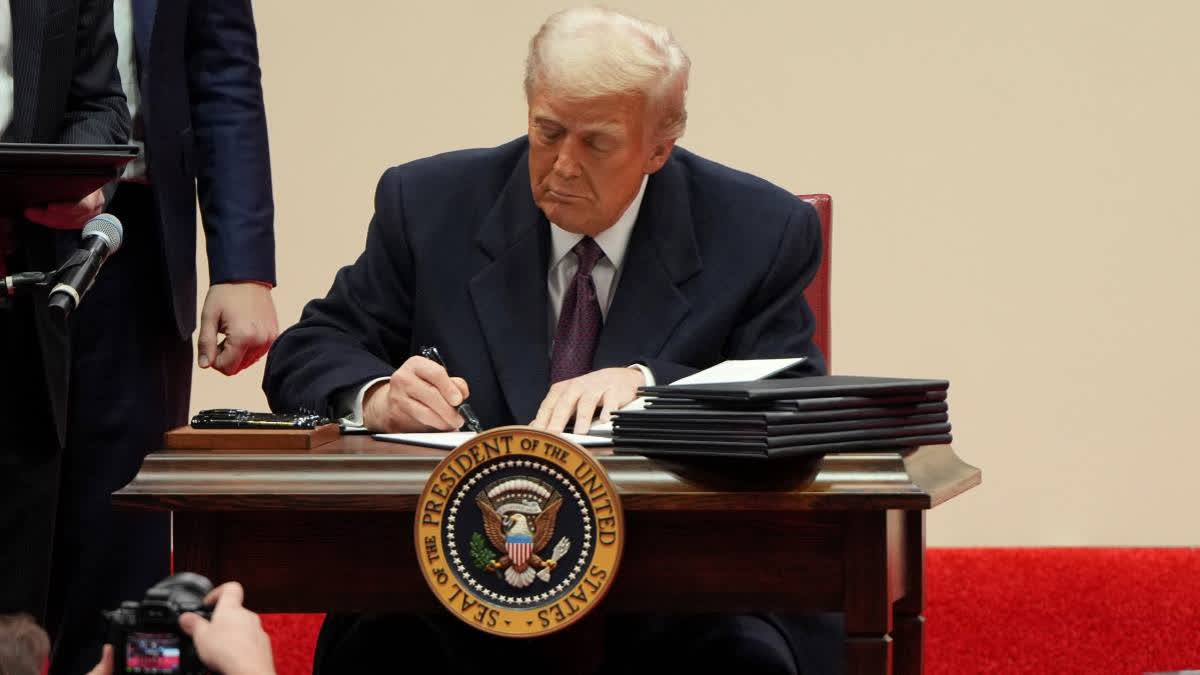Could Iran’s Threat Spark a New Oil Crisis Like 1973? Imagine waking up to news of skyrocketing petrol prices, empty fuel stations, and governments scrambling to ration oil. Sounds dramatic, right? But if you know your history, you’ll remember this has happened before—and it could happen again.
Right now, tensions are rising once more in the Middle East. Iran has been hinting at disrupting oil supplies through one of the world’s most important waterways, the Strait of Hormuz. If that happens, could we see a crisis like the infamous 1973 oil embargo? Let’s unpack the history, the present situation, and what it could mean for us today.
Flashback: The Oil Crisis of 1973
Let’s rewind to 1973. The world was cruising along when suddenly the Middle East exploded into war—the Yom Kippur War. Arab nations were furious with the West, especially the U.S., for supporting Israel. Their response? They turned off the oil taps to punish the Western world.
Here’s what went down:
-
Oil prices shot up four times almost overnight.
-
People queued for hours at gas stations.
-
Western economies were sent into chaos, triggering inflation and job losses.
That crisis didn’t just hurt wallets; it reshaped how countries thought about energy security. It was a wake-up call.
What’s Happening Now: Iran and the Strait of Hormuz
Fast forward to today, and the spotlight is once again on the Middle East. Iran, facing sanctions, political isolation, and rising tensions with Western powers, has started making threats to close or disrupt the Strait of Hormuz. Why does that matter?
Because:
-
About 20% of the world’s oil passes through this narrow waterway.
-
If Iran acts on its threats, oil supplies to Europe, Asia, and beyond could be cut off or delayed.
-
Global oil prices would almost certainly skyrocket.
It’s not just talk, either. Iran has built up military presence in the region, and clashes with Western forces have happened before. The world is holding its breath.
Lessons from Past Oil Crises: This Isn’t New
If this is giving you déjà vu, you’re not wrong. History is full of moments where oil and conflict have gone hand in hand. Let’s take a quick tour:
1. 1973 Arab Oil Embargo
We just talked about it—but the key takeaway? Oil became a weapon of war, and the world realized just how dependent it was on Middle Eastern supplies.
2. 1979 Iranian Revolution
Iran’s internal chaos meant oil production fell, prices jumped again, and economies stumbled.
3. 1980s Iran-Iraq Tanker War
Both sides attacked oil tankers during their war. Global shipping lanes were dangerous, and prices bounced up and down unpredictably.
4. 1990 Gulf War
When Iraq invaded Kuwait, people worried Saddam would take over even more oil reserves. The result? Panic in energy markets.
5. 2000s—Libya, Venezuela, Russia
Political chaos or wars in oil-rich countries don’t just hurt their people; they shake global oil supplies.
6. 2022 Ukraine Crisis To Present
Russia, one of the world’s largest oil and gas producers, invaded Ukraine. Sanctions and fighting sent energy prices soaring, especially in Europe.
See the pattern? Wars and politics almost always hit the oil market first—and hardest.
Could Iran Really Do It?
Here’s the big question: Is Iran serious? And could they really pull it off?
Technically, yes. Iran’s navy and military have enough firepower to cause major disruptions in the Strait of Hormuz. Even a temporary closure would make oil prices jump dramatically. But there’s a catch:
-
The U.S. and its allies patrol the region heavily. They won’t just sit back if oil shipments are threatened.
-
Iran also needs oil money. Shutting down the Strait might hurt Iran as much as anyone else.
Still, in the world of geopolitics, desperate countries sometimes take desperate actions.
Why Should We Care?
Okay, but what does this mean for everyday people like us?
-
Higher petrol prices at the pump.
-
Increased costs for goods (because transportation relies on fuel).
-
Global markets could go shaky, affecting jobs, savings, and trade.
For countries that rely on oil imports—like India, Japan, and much of Europe—this could seriously hit household budgets.
Are We Prepared?
Thankfully, the world learned a few things from the last oil shocks:
-
Strategic Oil Reserves: Many countries keep emergency supplies of oil in case of a sudden crisis.
-
Alternative Routes: Oil can be rerouted (at a higher cost) if key routes are blocked.
-
More Renewables: Solar, wind, and electric cars are slowly reducing global oil dependence—but we’re not there yet.
Even so, if Iran pushes too far, the crisis could still hit hard, just like in 1973.
Final Thoughts: Holding Our Breath Again
We’ve been here before. Wars, politics, and oil have always been a dangerous mix. Iran’s threats today sound a lot like the drama of 1973—but the world is a little more prepared this time. A new oil crisis isn’t guaranteed—but the risk is very real.
One thing is certain: until the world fully moves to cleaner, renewable energy, we’ll always be vulnerable to conflicts in oil-rich regions. So, while we hope diplomacy wins the day, don’t be surprised if the next time you fill up your car, the price tag makes you think: Is history repeating itself?
Rewriting Business Rules with Artificial Intelligence | Maya




